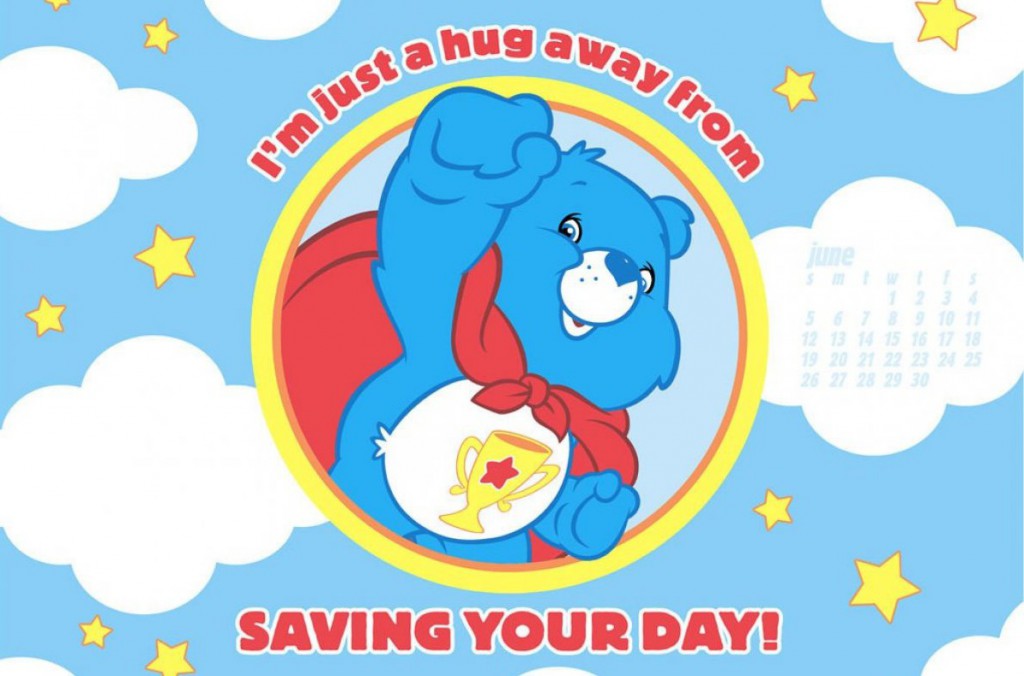
Having grown up in the catechetically-challenged 1970’s, I’ve experienced my share of silly gimmicks at youth retreats. I remember one ice-breaker where we were given yarn necklaces with a pom-pom on one end.
These, we were told, were “warm fuzzies” (ie. good feelings). We had to go around pulling out bits of yarn and tying them onto other people’s necklaces while introducing ourselves.
Then came the 80’s and university-age retreats. At one agonizing introductory session (the ‘circle of affirmation’), each participant had to state his name, followed by three nice things about himself, which everyone else had to repeat –aloud. More warm fuzzies, but of a more abstract, and embarrassing nature.
Ultimately, the trouble with many of these retreats and programs was not the mode of introduction, but the fruits of the instruction, which were also invariably warm and fuzzy. Warm as in “lukewarm,” fuzzy as in, “don’t have a clue what the Faith teaches; couldn’t care less.”
Much of it was about exploring our feelings, boosting self-esteem, feeling good, and (perhaps) finding out who Jesus was “for me.”
The end result was that many of my generation came away from the collective experience thinking we were almost divine, while Jesus was probably not –although admittedly he was a Very Good Teacher, like Buddha, Mohammed, Confucius, et al.
Old-style catechesis was out, free-wheeling was in. I still remember American folk singer Joe Wise’s song “A Creed,” wherein he announced, in a soft, sensitive voice: “I believe in Special K (a type of flaky breakfast cereal) and Volkswagens.” Well, he certainly can if he wants to, but they won’t save his soul, (the 1998 resurrection of the VW Beetle notwithstanding).
Warm, fuzzy faith is long on inclusion and affirmation, but short on unpleasant truths about ourselves. It’s an “I’m O.K., you’re O.K.” sort of religion: the Gospel according to the Care Bears.
We once had the Theological Virtues of Faith, Hope and Charity–now they’ve been replaced by vague notions of caring and sharing. In catechism class children used to memorize the Cardinal Virtues: Justice, Fortitude, Prudence and Temperance.
If you ask kids to name them today, most will give you a blank look. The brave ones might make a guess, based on what they learn nowadays in ethics class: Reduce, Reuse, Recycle, and Don’t Smoke.
I’m not advocating a wholesale return to fire and brimstone catechesis, but we have to strike a balance somewhere. No matter what our age or state in life, we encounter burdens: material, physical and spiritual.
Warm, fuzzy theology does not adequately prepare us to suffer. On the contrary, it disposes us to fear it, and flee at the first sign of discomfort. No one appears willing to die for what my sister-in-law calls “the Innocuous Gospel.”
I suspect this is why so many of my generation (Boomer) and younger have abandoned the Faith and sought salvation in the other warm fuzzies of life: career advancement, material comforts, neo-pagan spirituality, and numerous other obsessions.
Contrary to what some may think, Christianity isn’t meant to make you feel warm and fuzzy: it is intended to set you on fire with passion for Christ.
While it’s true that sometimes passion makes you “feel good,” at other times it nails you to a cross. Christians must be able to handle both with equal grace.
God loves us unconditionally, and yes, He meets us “where we’re at.” But He is also a jealous God and loves us too much to leave us mired in our sin and confusion. Furthermore,
He will demand an accounting of our lives, and that’s not a warm and fuzzy idea. If our faith/church is warm and fuzzy to the exclusion of all else, we have an unpleasant end in store. The Lord tells us in Revelation that He will “spew” (vomit) the lukewarm out of His mouth.
Jesus did not say to Simon Peter: “Thou art Warm and Fuzzy, and upon this feeling of indiscriminate affirmation I will build my Church.” He said, “Thou art Petrus (Rock)…” Sometimes truth is warm and fuzzy; sometimes it is hard and painful, but it’s the only thing that sets you free.
Truth is eternal, immutable, and the only sure foundation on which to build a lasting faith. The voices of dissent are correct: the Church truly is “rigid” and unyielding. I thank God for it every day.